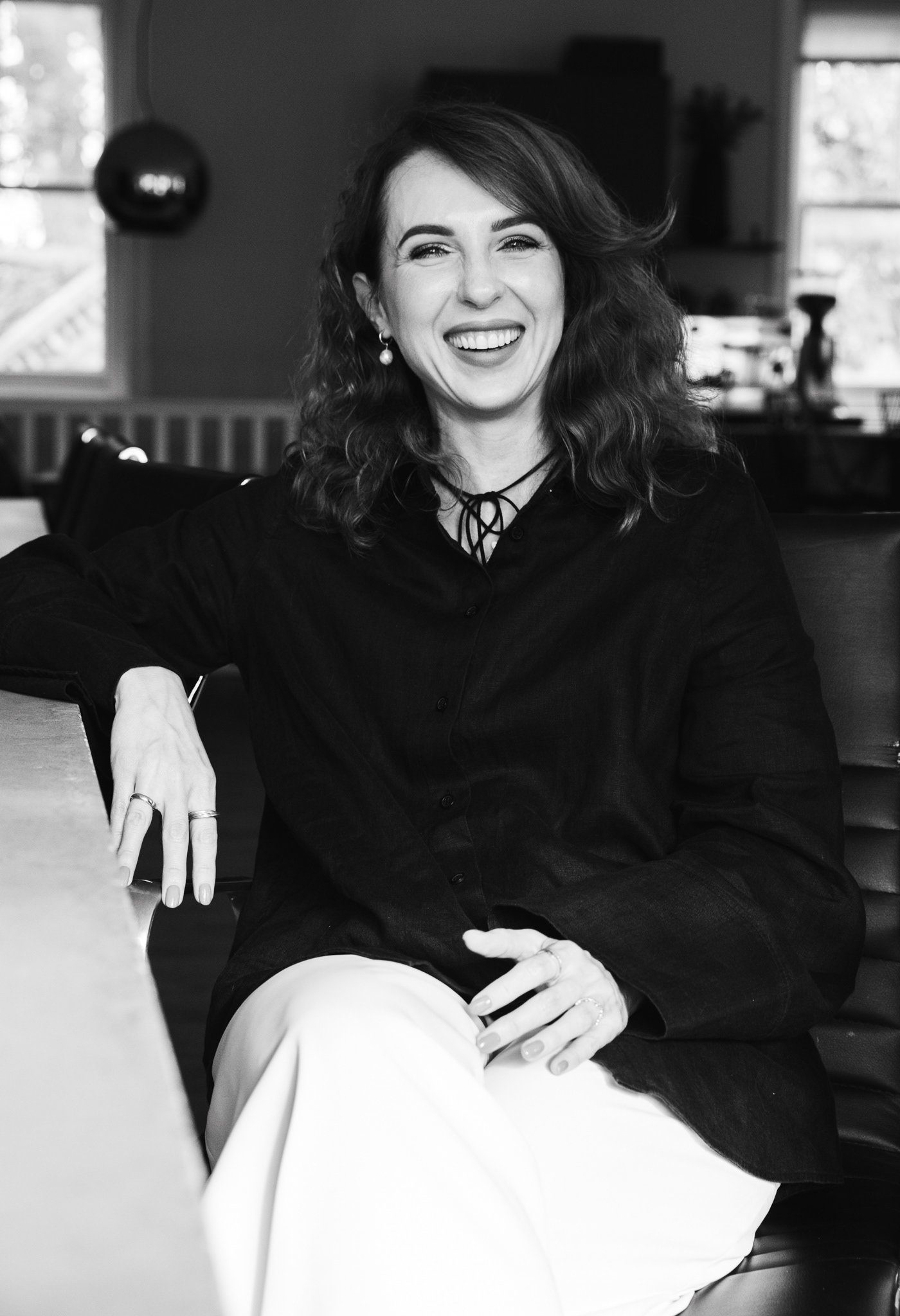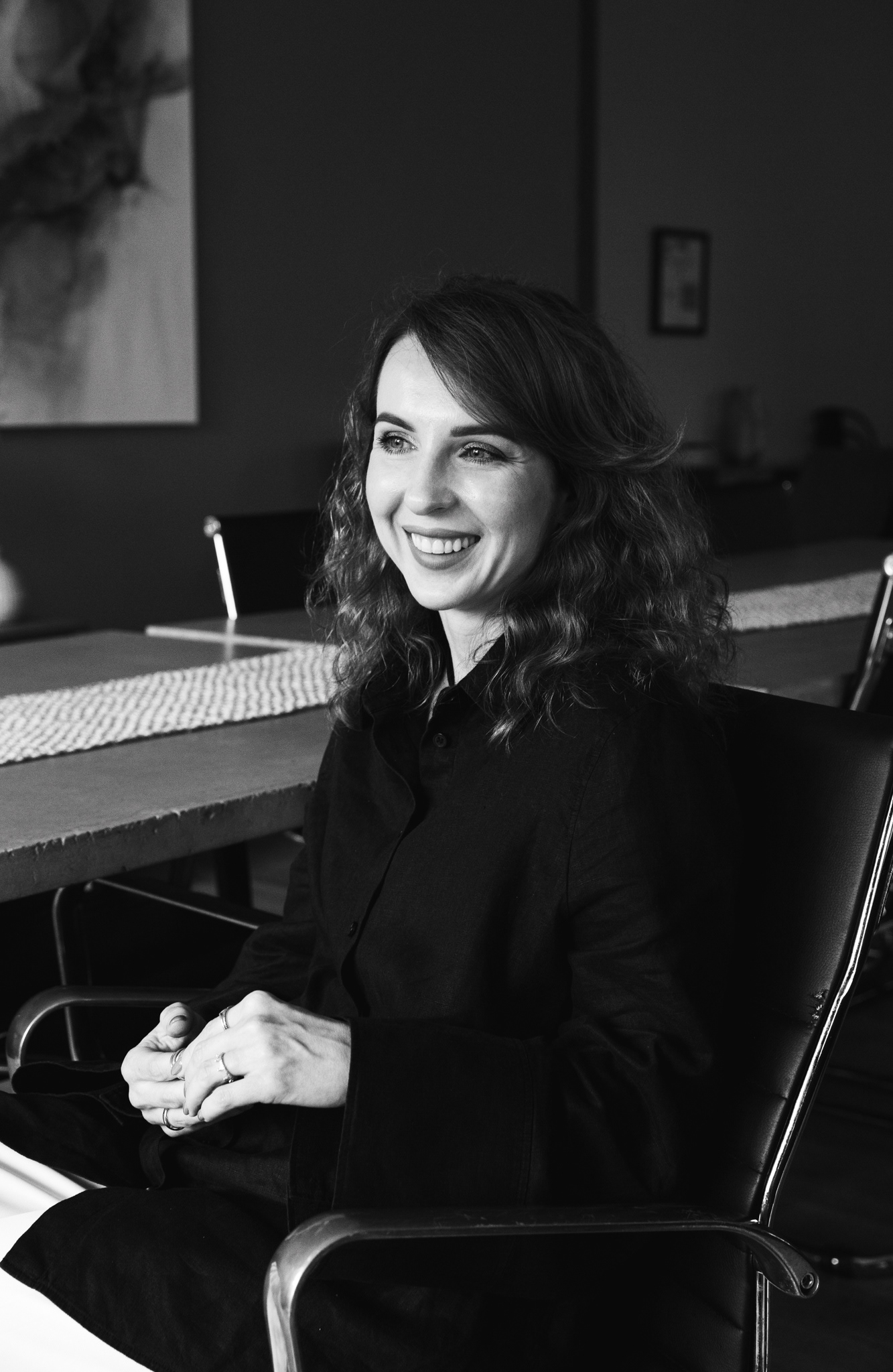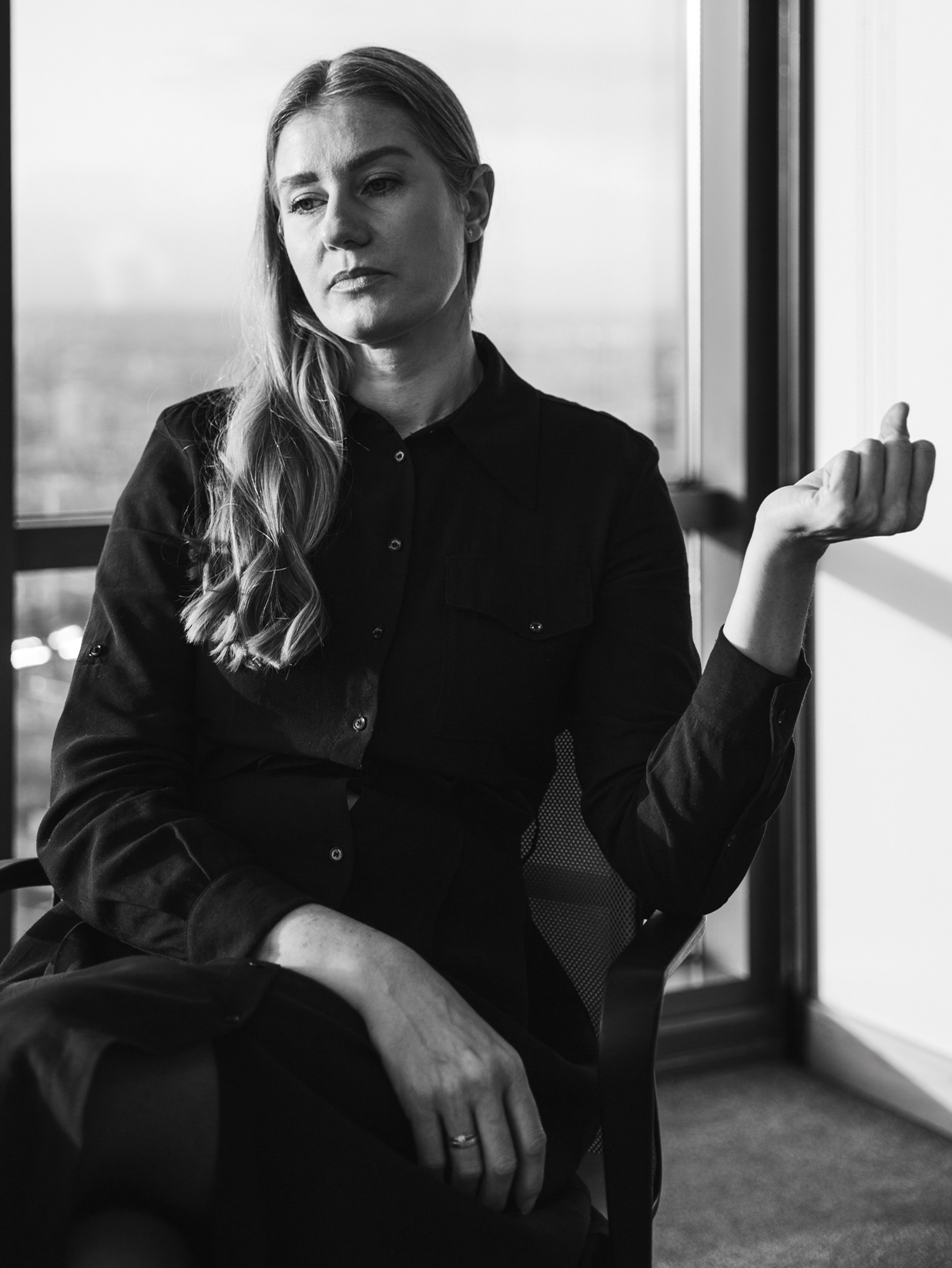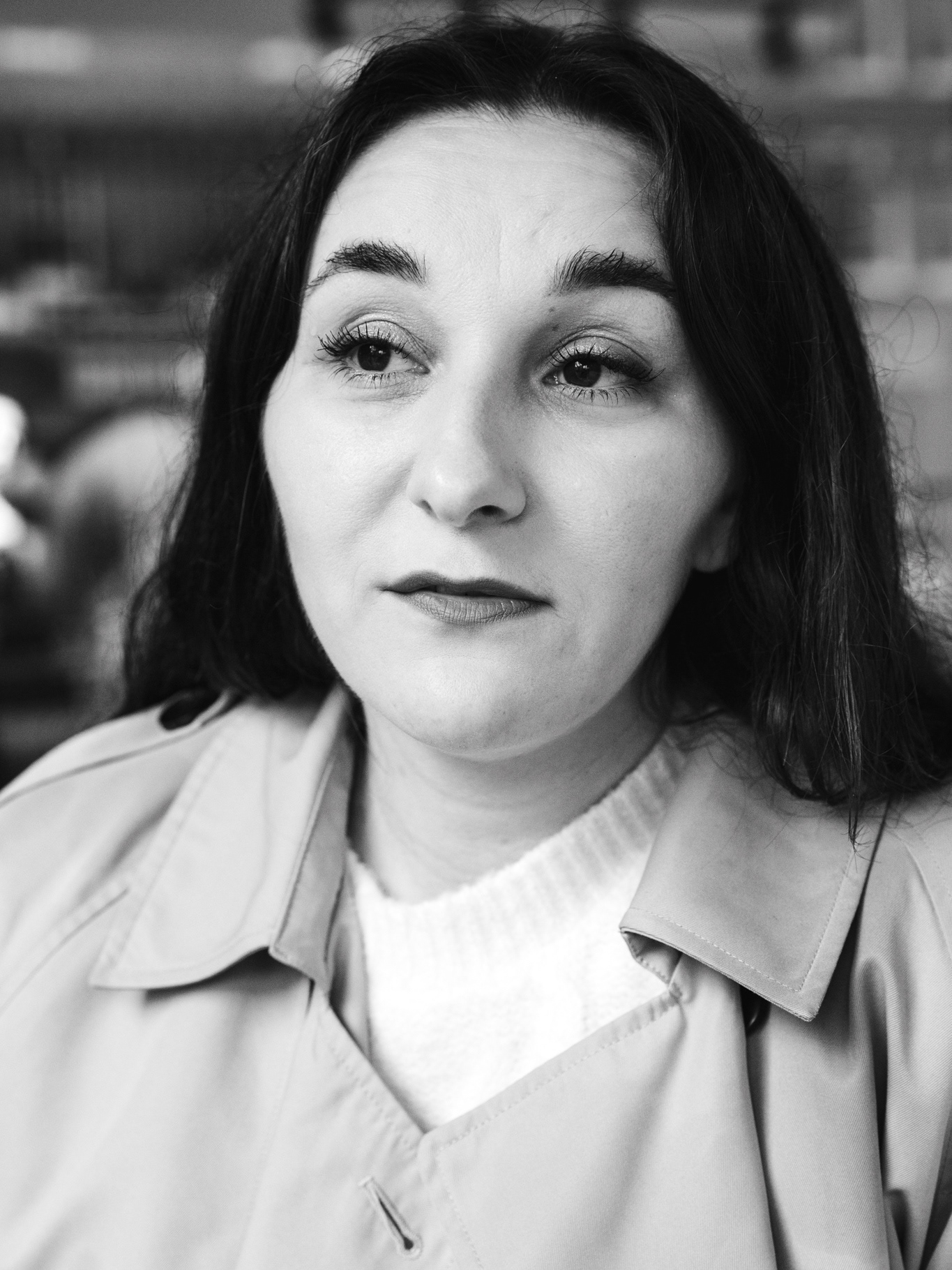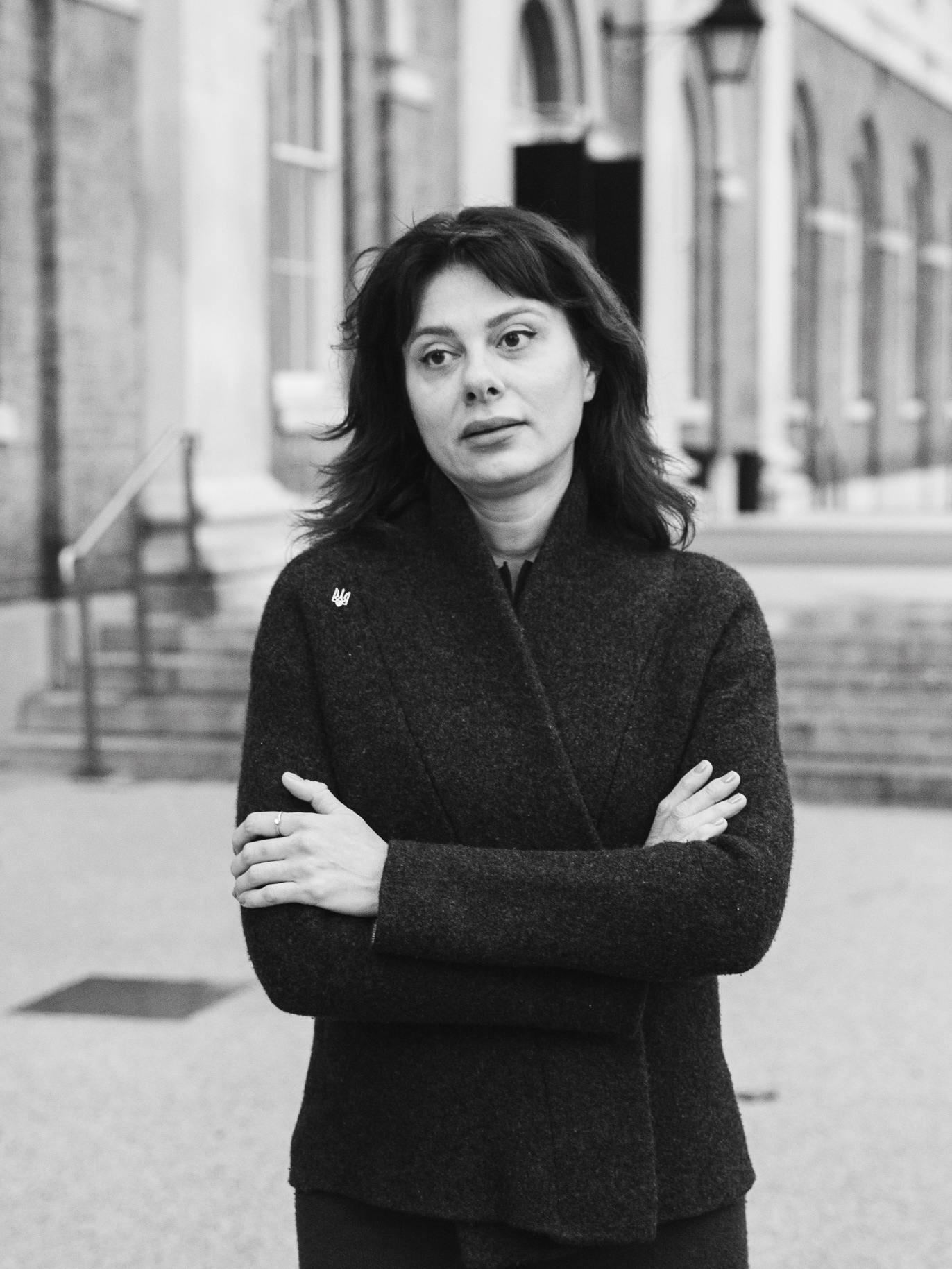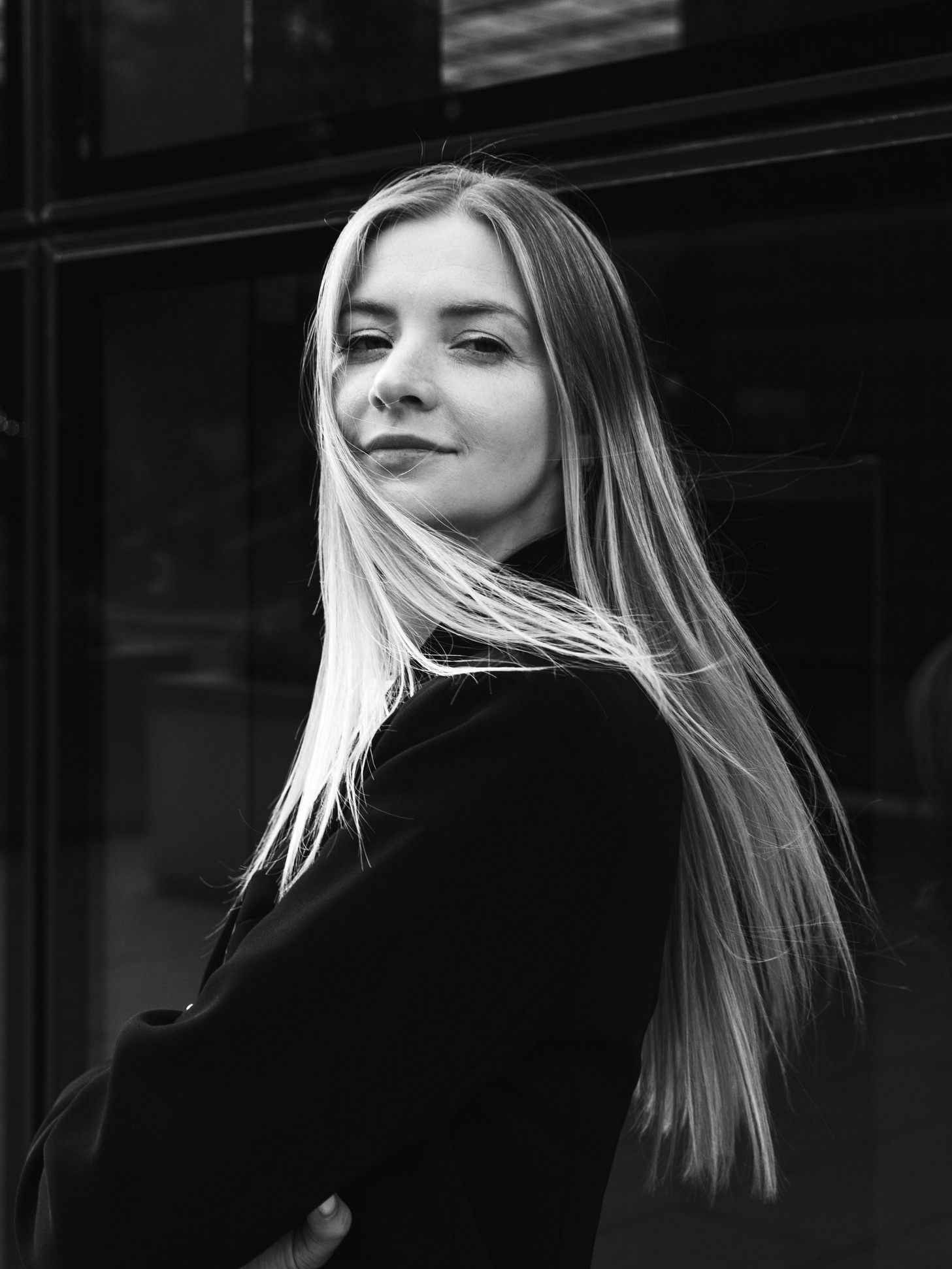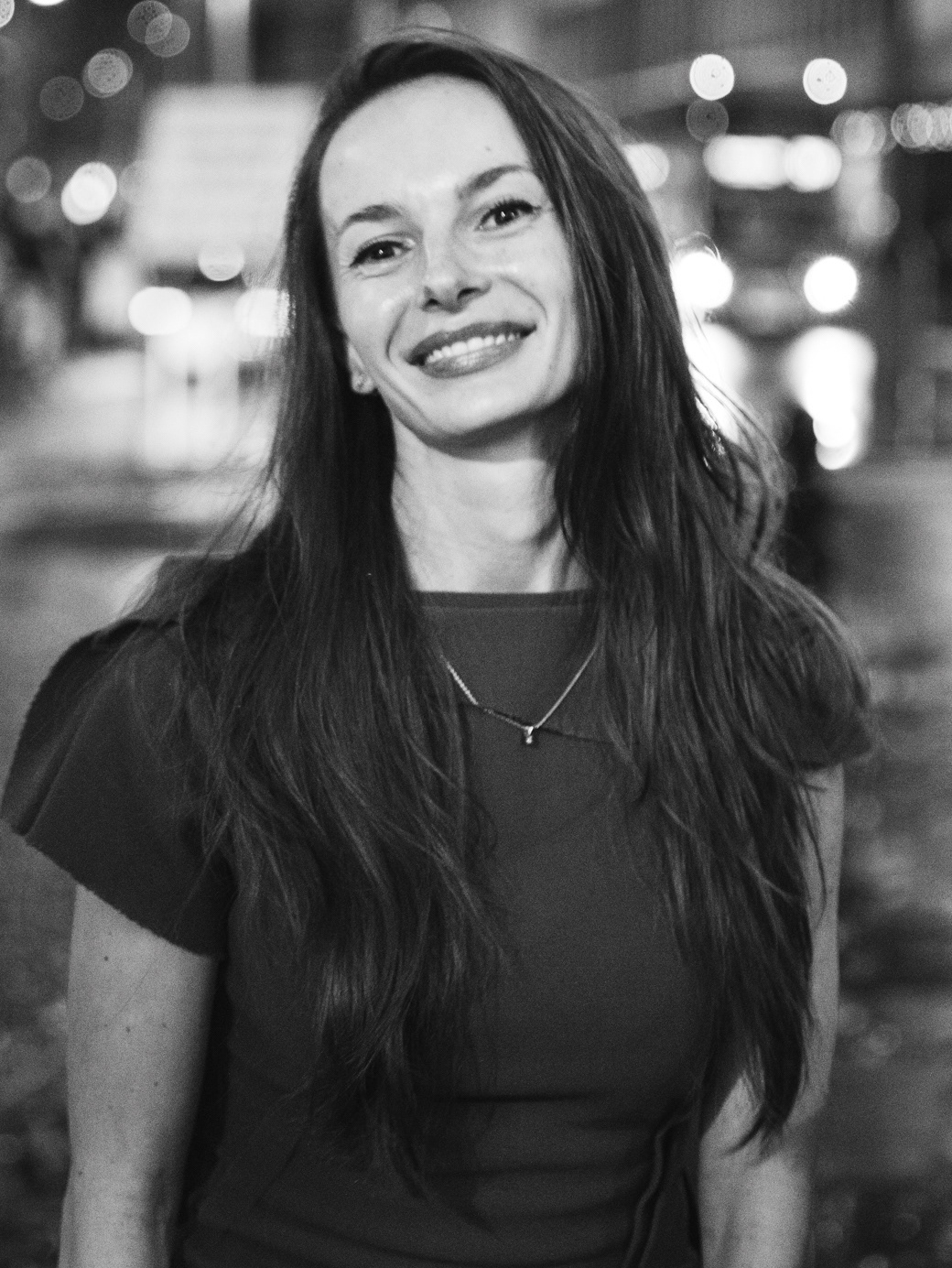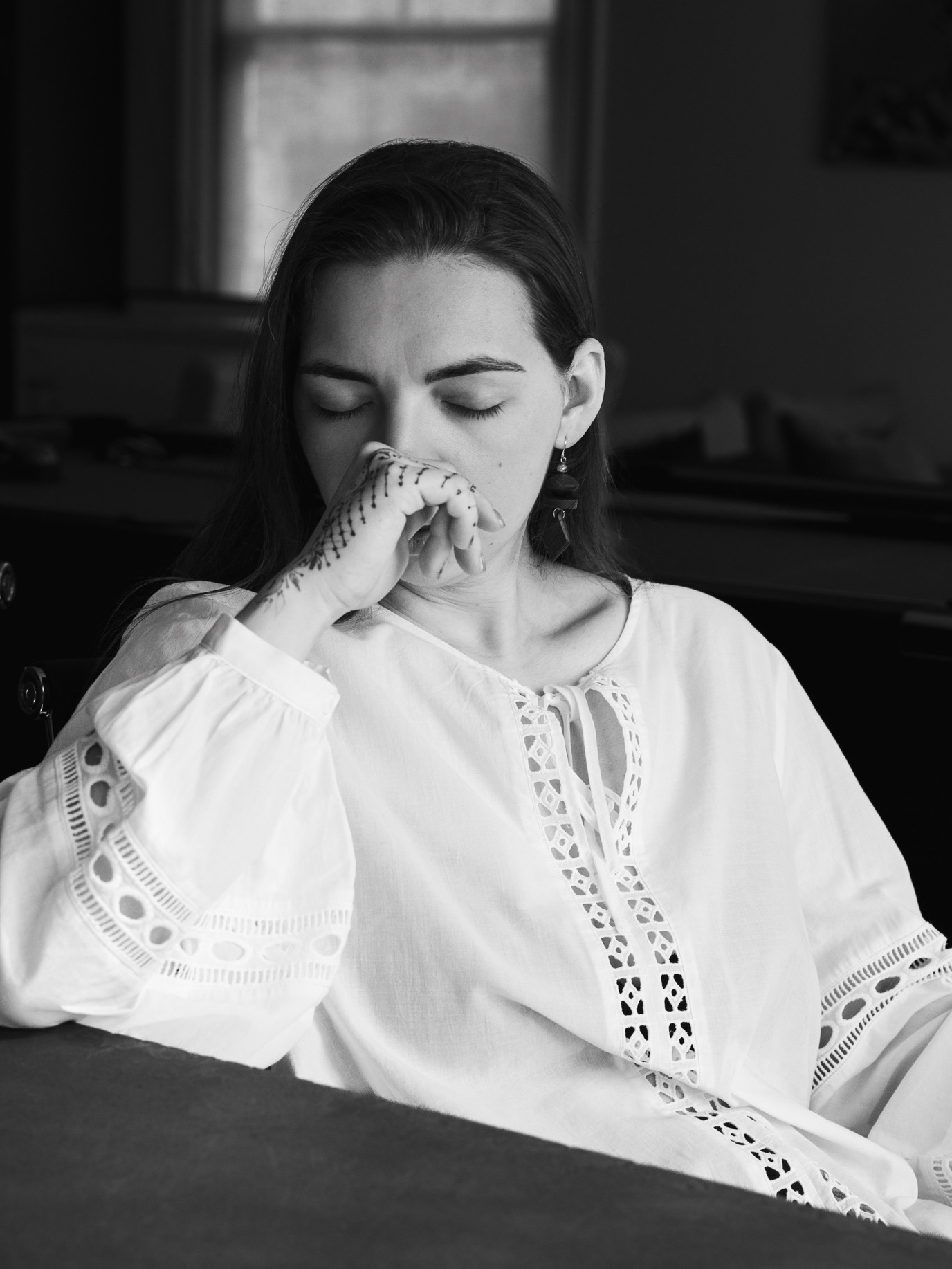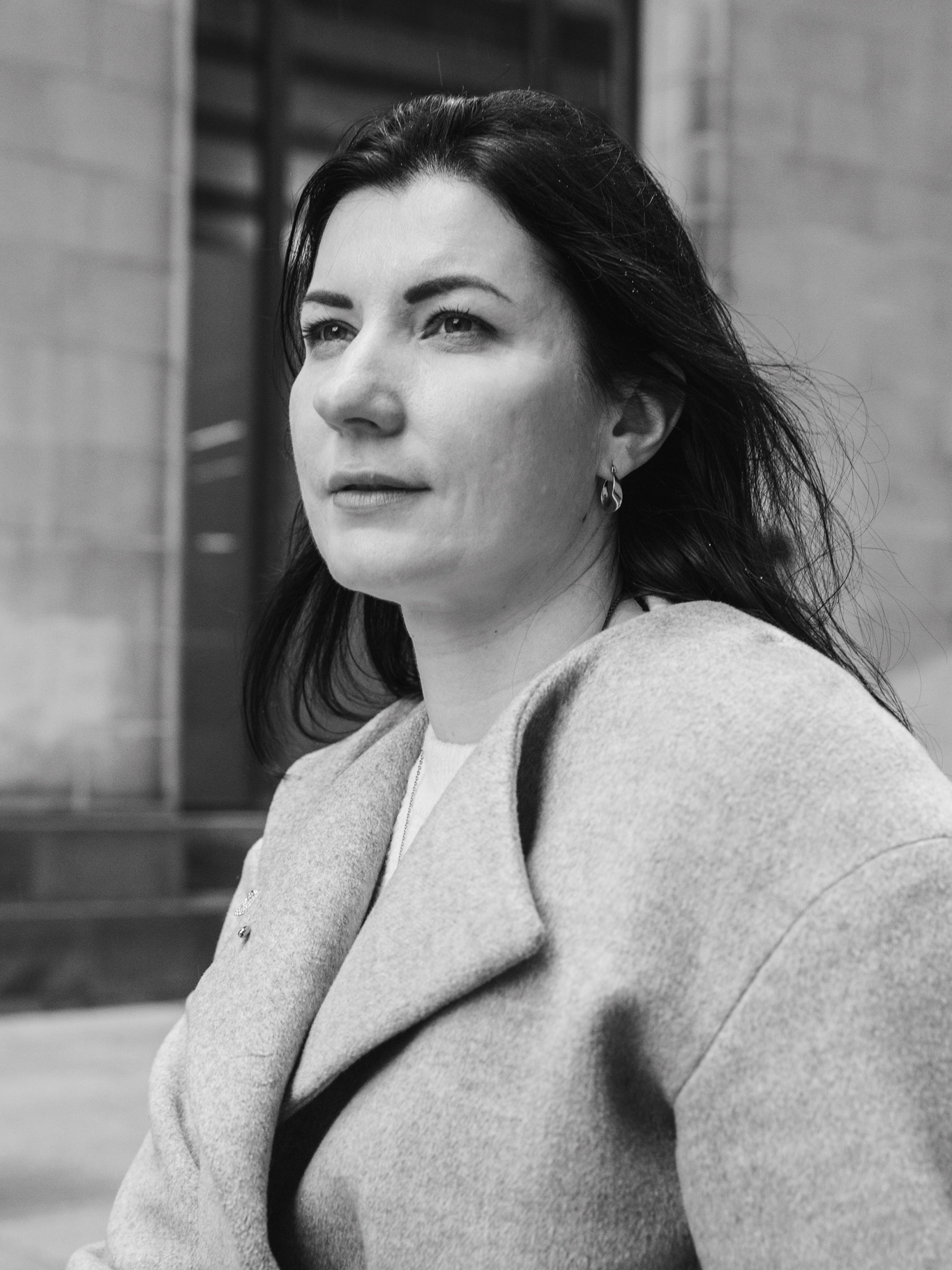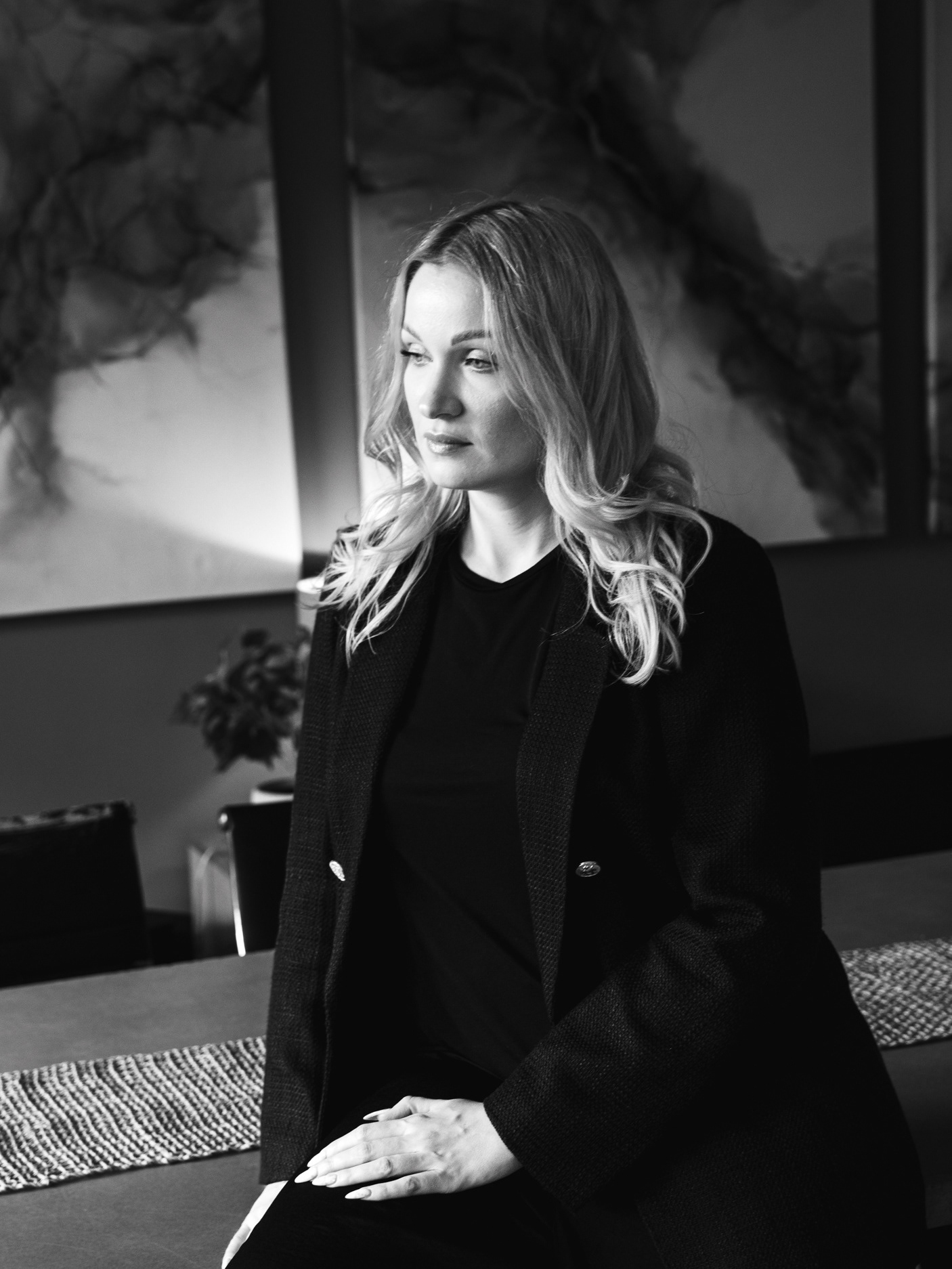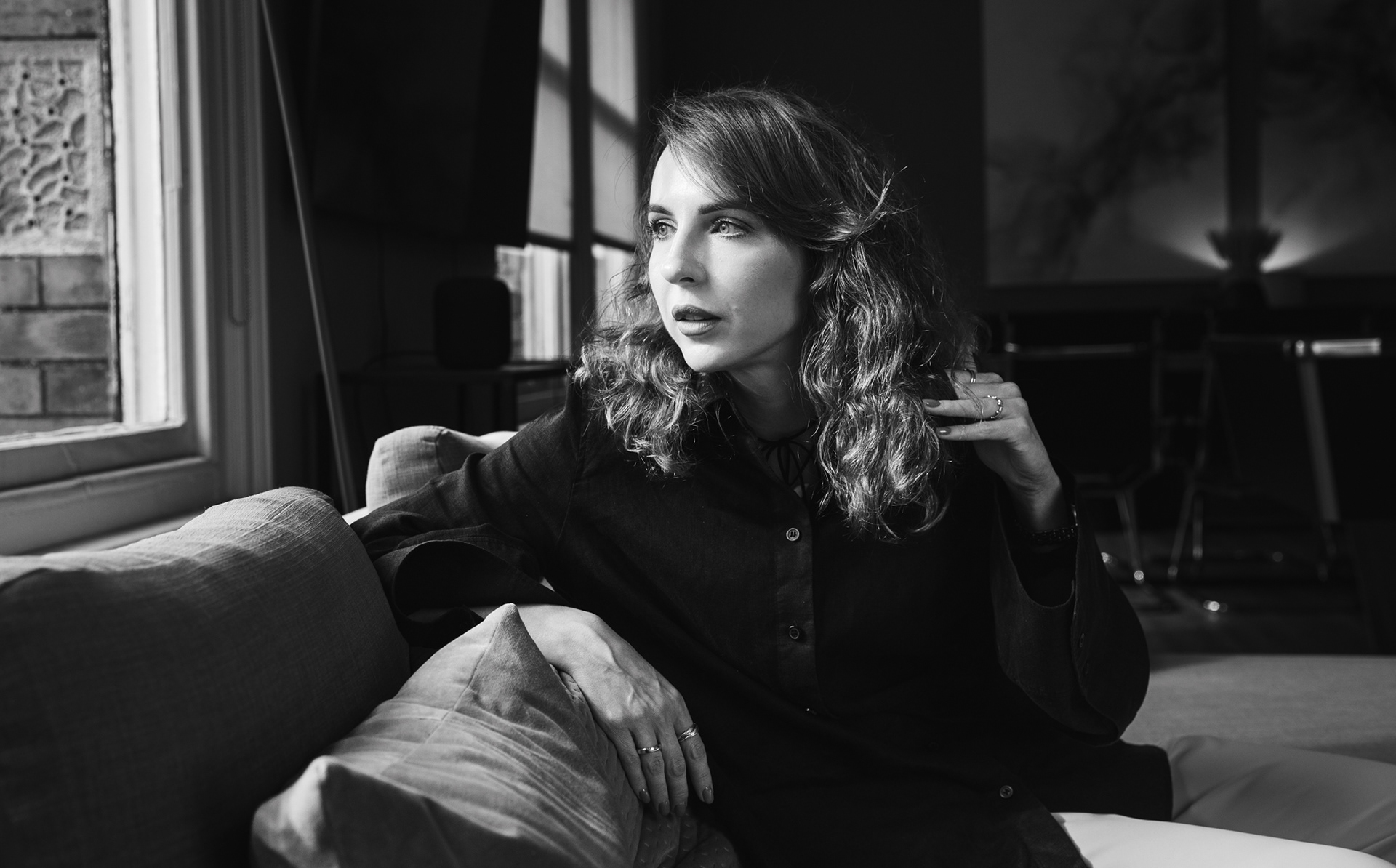
Strength in Rules and Human Kindness
When the first sirens cut through the silence over Dnipro on February 24, 2022, Vira Sypchenko was at home with her six-year-old son, Mark. Her husband was in Kyiv for work, and this distance added a sharp sense of vulnerability and fear to the general chaos. Her first thought, however, was that of a mother: "It's good that we woke up together, that he is with me and not with his grandparents."
The first few days passed in a thick fog of news. A constant stream of information about the advance, explosions heard somewhere outside the city, and disturbing photos from her husband's parents hiding in a cellar in Kharkiv all wove together into one continuous feeling of anxiety. The decision to leave came quickly. They left Dnipro the very next week.
The journey to western Ukraine was difficult. "It felt like three days passed; we slept in some strange places. One night in some kindergarten, and in some sports facility that had no heating, it was very cold to sleep," Vira recalls. The plan was to go to Great Britain, where her husband's sister lived, but they needed visas for that.
The journey to western Ukraine was difficult. "It felt like three days passed; we slept in some strange places. One night in some kindergarten, and in some sports facility that had no heating, it was very cold to sleep," Vira recalls. The plan was to go to Great Britain, where her husband's sister lived, but they needed visas for that.
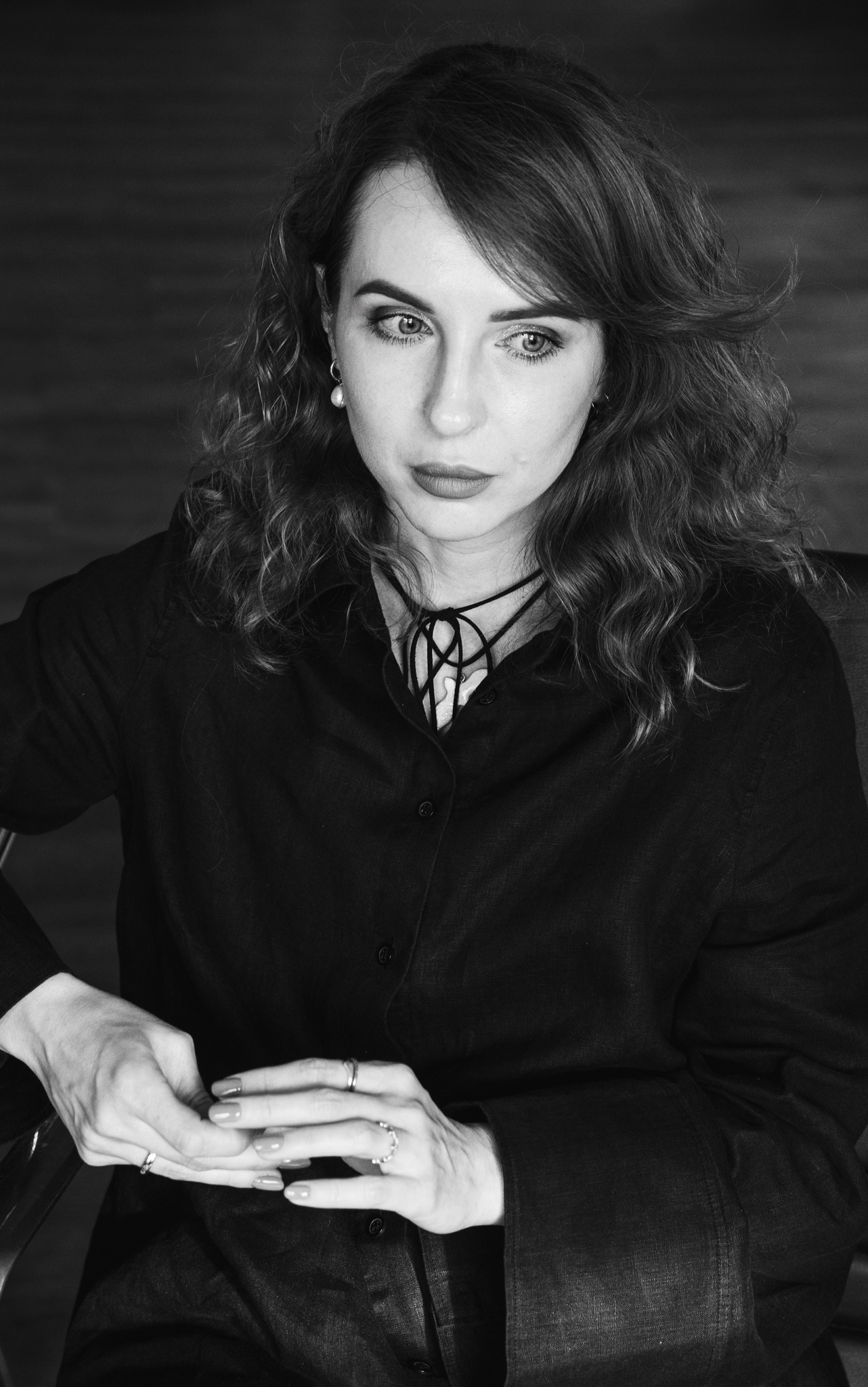
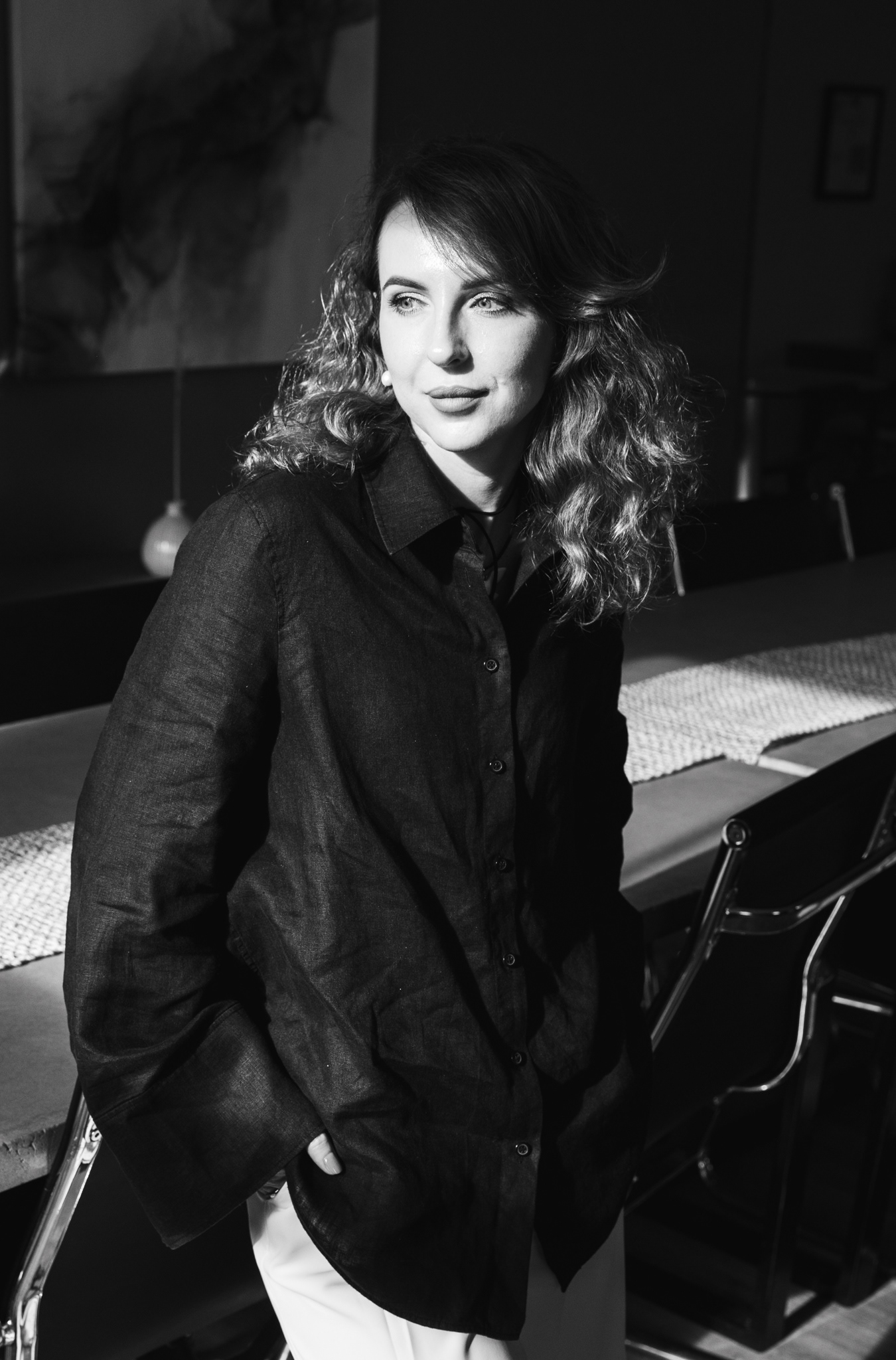
The Road to England: A Test of Endurance
The family went to Moldova, where they waited three weeks for their documents. It was there that Vira had to show incredible resilience. Her husband remained in Ukraine, and she was alone behind the wheel, responsible for her son, her husband's elderly parents who had barely escaped from Kharkiv, and a dog and a cat.
"At that time, I had very little driving experience. I don't think I had ever driven outside the city. I was behind the wheel, and it was stressful just to drive. I was afraid I would get lost at some interchange. Plus, I had elderly people with me who don't speak another language, a child, a dog and a cat, and our things. I didn't know where I was going."
Arriving in England on a family visa did not bring immediate relief. For the first few days, they lived with her husband's sister, where there was very little space. Then there were a few days in a London Hilton hotel under a program to help Ukrainians. But the hardest blow was the situation with their dog, which was taken into a four-month quarantine due to a missing test.
"It was very hard to see her because of how they lived there... the dogs weren't walked, she was in a cage... you arrive, and she's all disheveled, dirty, and of course, no one brushed her teeth. It was very hard to look at."
At the same time, the exhausting search for housing began. Without a permanent job and with a dog, it seemed impossible. "I felt like we were really going to be homeless. I can get that worried. I imagined us sitting at a train station somewhere with nowhere to live," she shares her memories of that desperation.
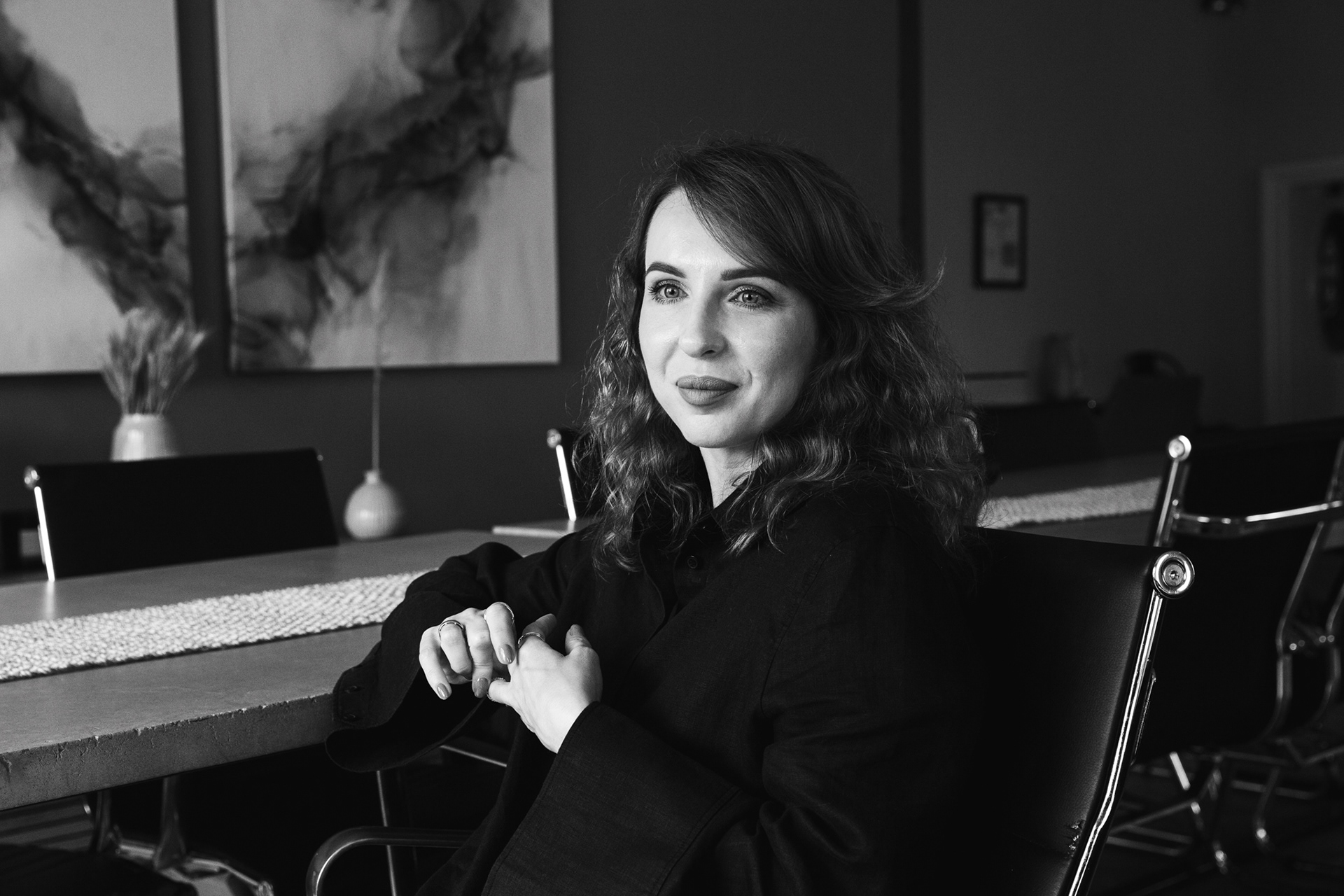
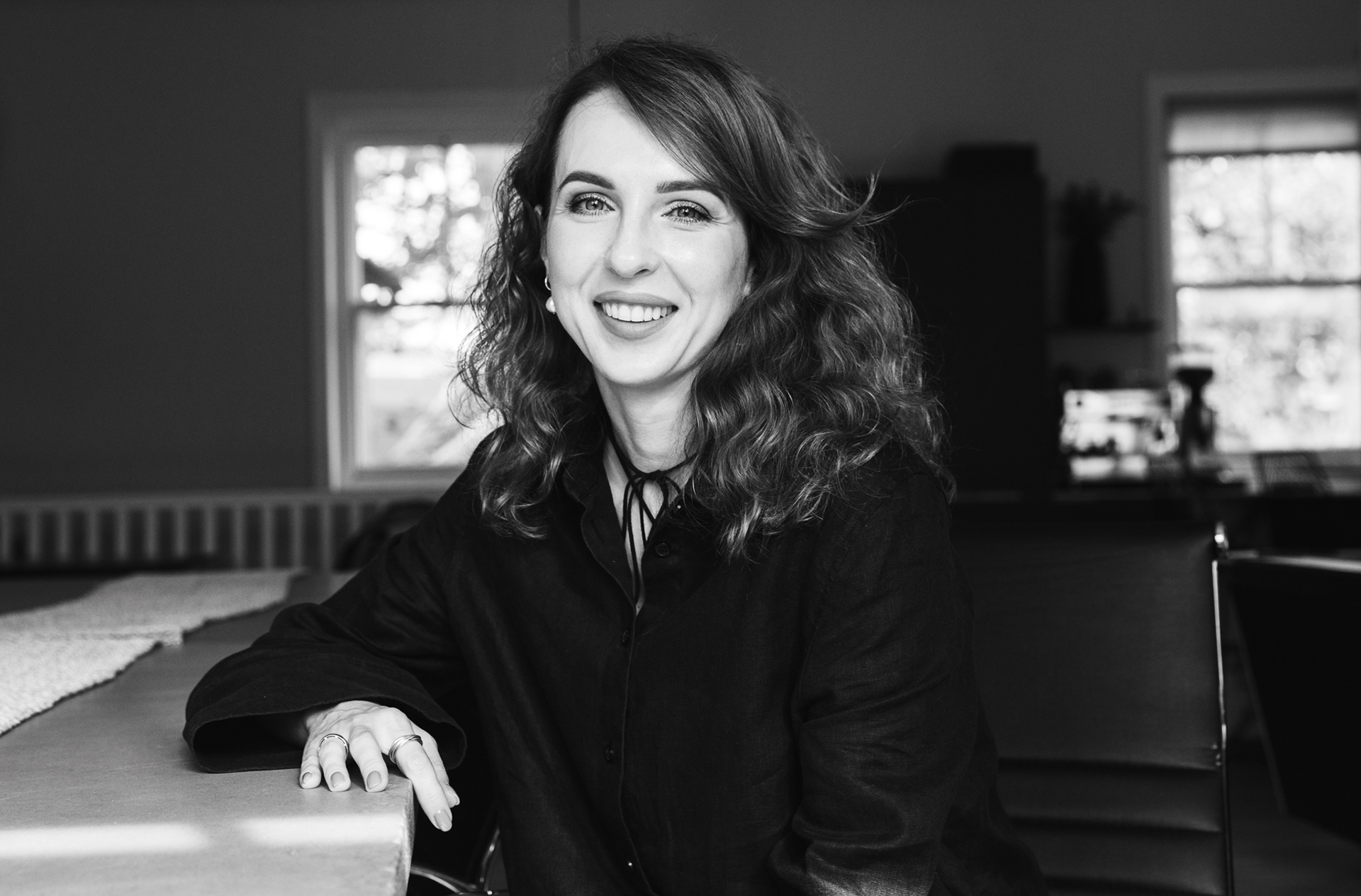
A New Home: Rules that Bring Comfort
Eventually, they got lucky. They found a house thanks to an understanding landlord who agreed to six months' rent in advance. They settled in a small, beautiful village where they were surrounded by care. And it was here that Vira began to discover a different England.
"What I like is that people here live by the rules. That is, there are rules, and they are made to be followed. In Ukraine, the logic is a bit different. At first, it was annoying, but now we're used to it, and it's comfortable."
This predictability and respect for the law gave a sense of security that had been so lacking. She was amazed by the kindness of the British people. "In the beginning, I was very surprised that they just let strangers into their homes... some neighbours who heard that Ukrainians were living here would just come by, they brought toys, some chocolates, and everything you could want." This evoked sincere gratitude and a desire to understand these people who so easily opened their hearts and homes.
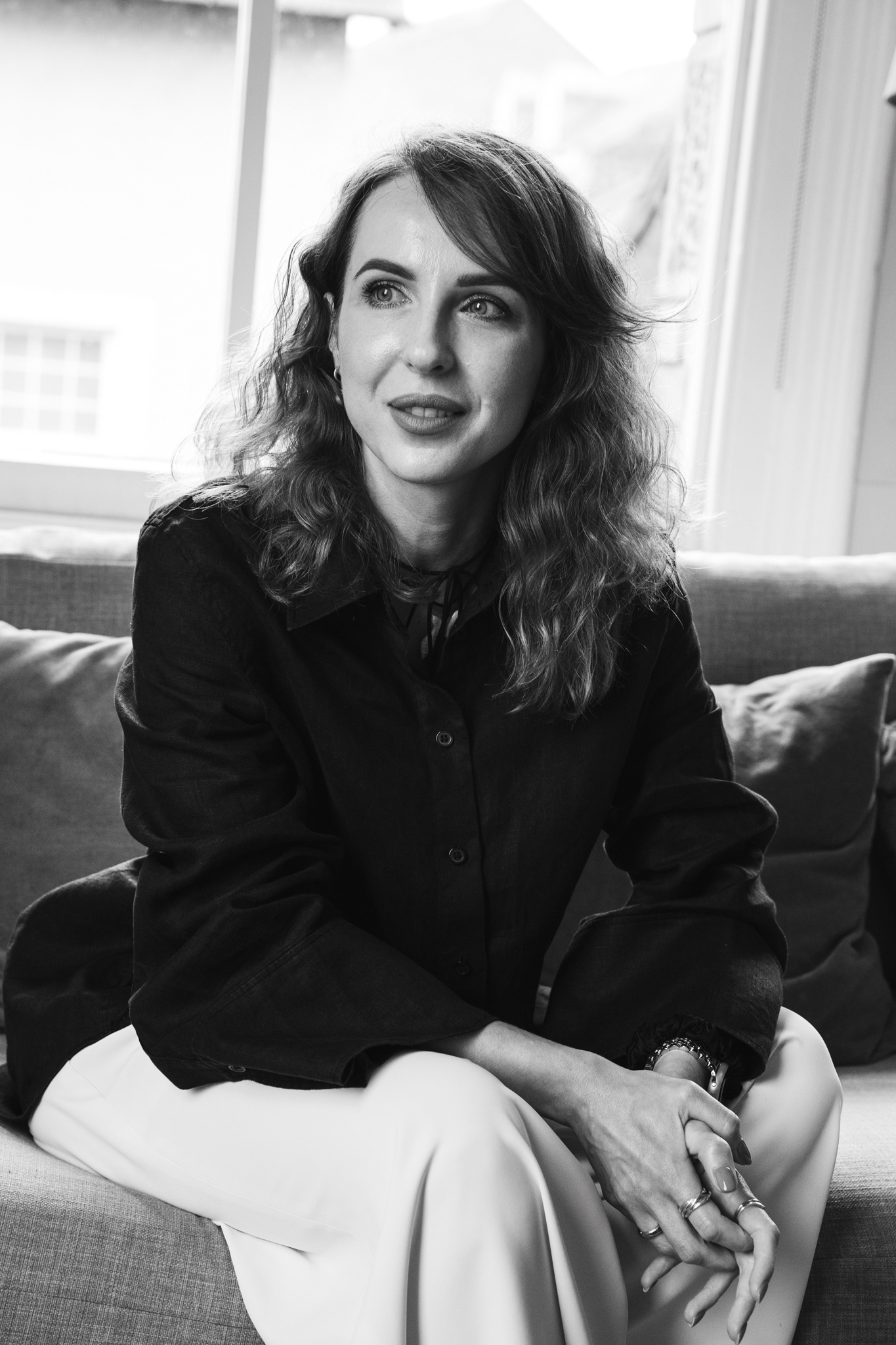

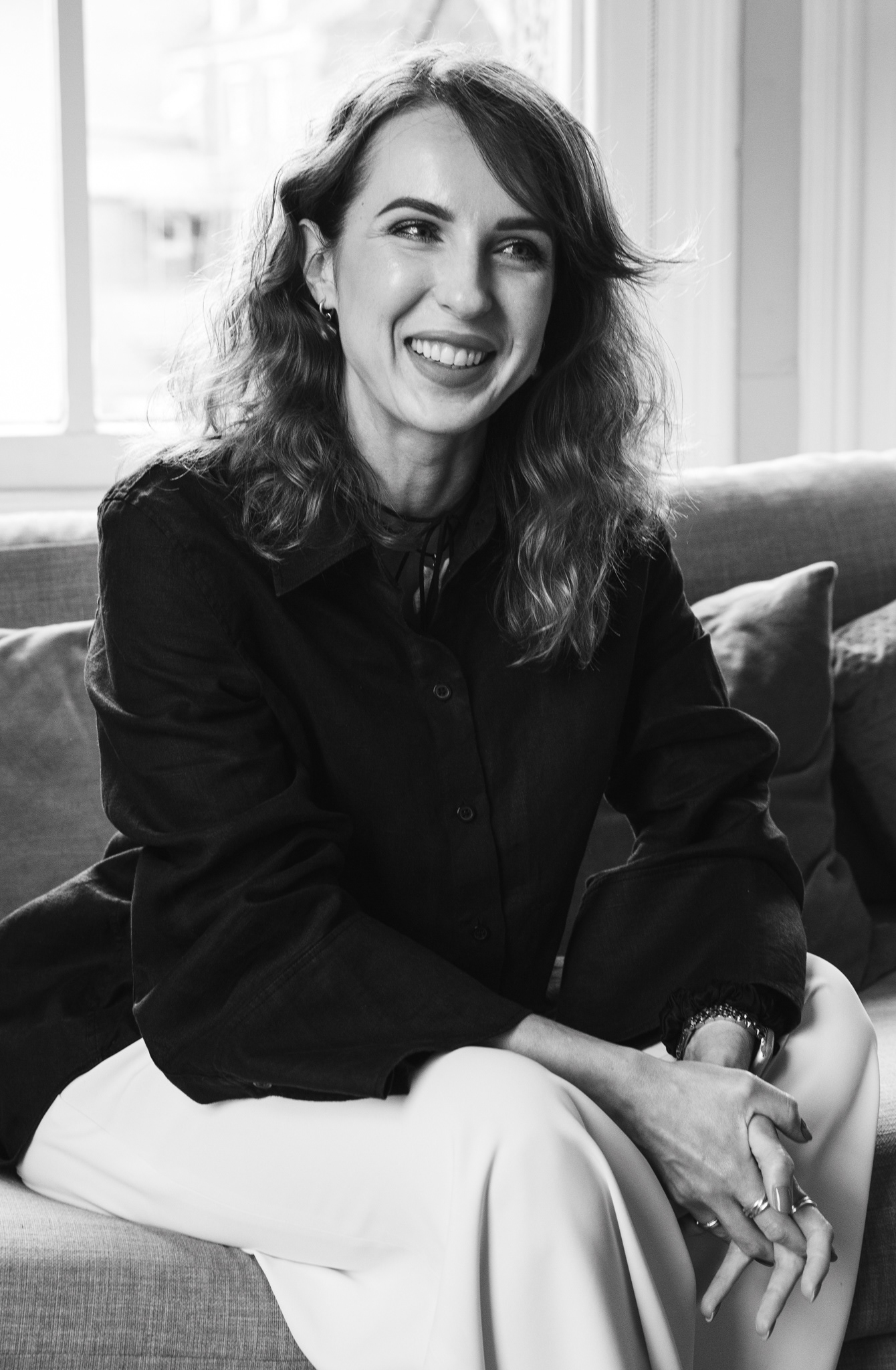
Work and Adaptation: Strength in Diversity
Vira, a philologist by education, found a job at Oxford University Press, where she is involved in creating language exams. She was pleasantly surprised by the multicultural environment and how her experience is valued.
"What I considered my shortcomings—that I'm not a native speaker, haven't lived here long, don't know the whole culture—for them, it's actually an advantage. They say: 'you have experience learning a language, we can test this task on you'."
She was comfortable in a work culture where professional relationships are paramount, not flirtation, as was often the case in Ukraine. "I know that, for example, men will not comment on my appearance. If I have a very beautiful dress, they won't tell me about it. Women might tell me, but not men," she notes.
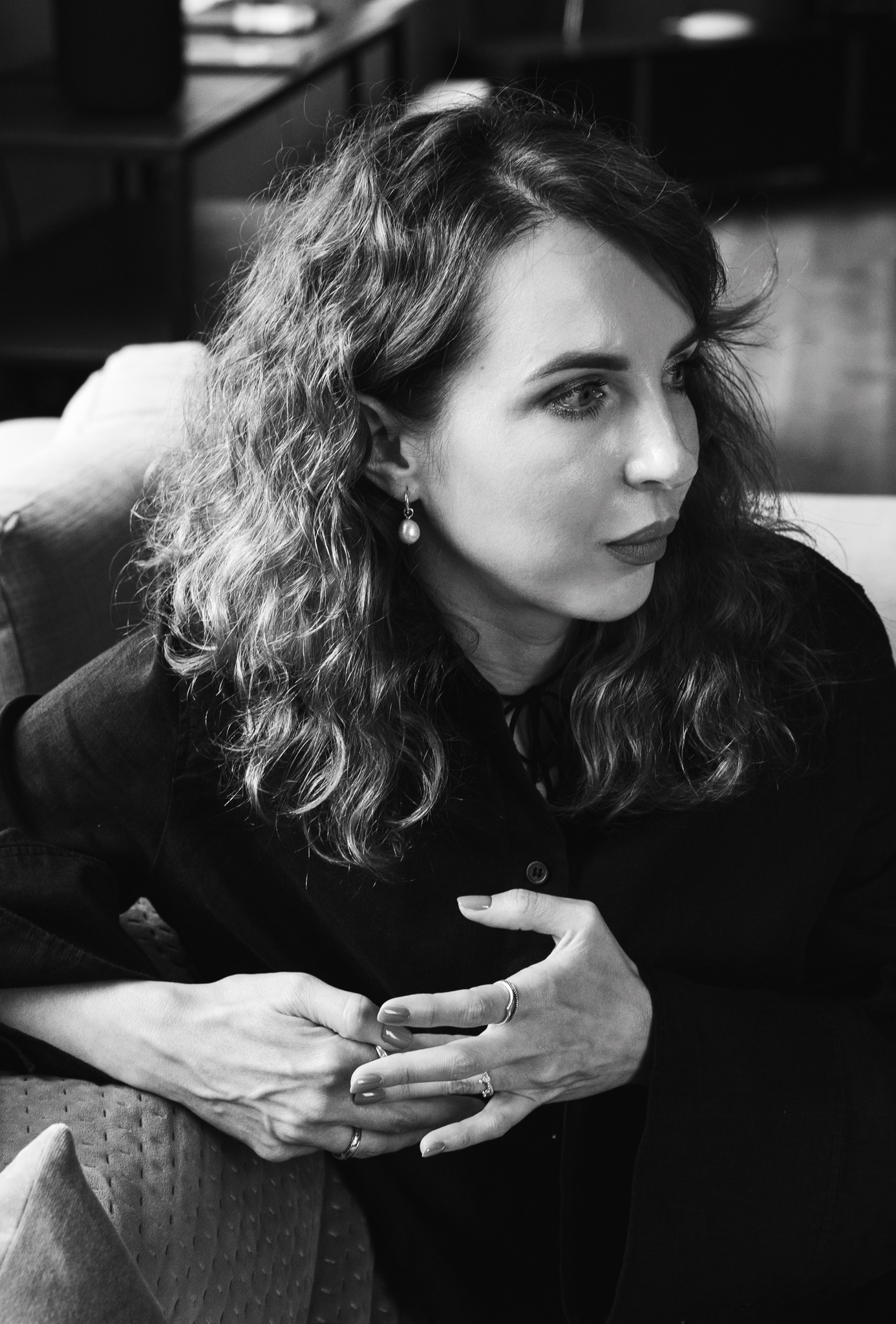
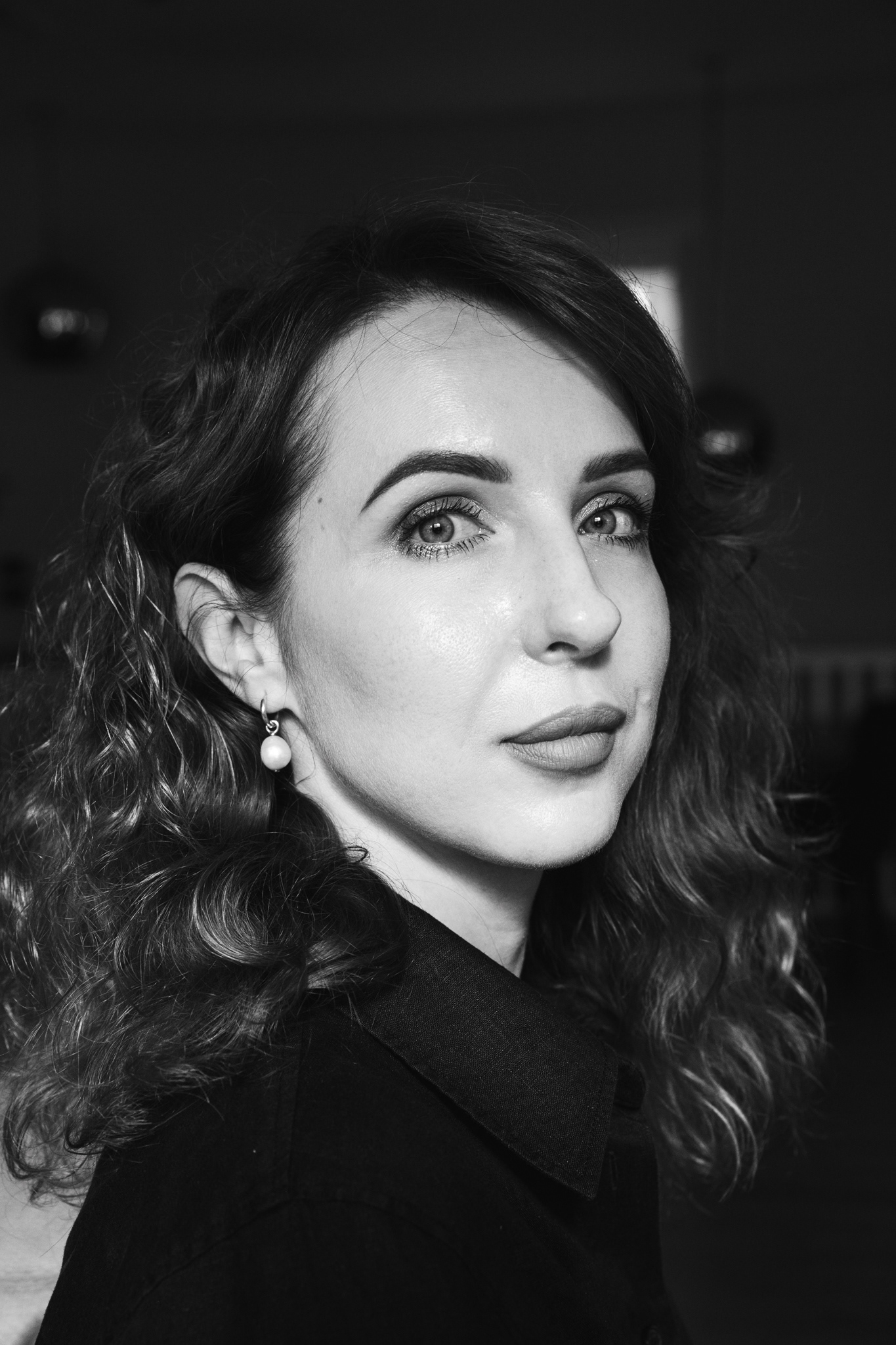
Her son Mark, who was six when they arrived, also went through his own adaptation process. The first few months at school were difficult. "You bring him, he cries, just like when you take them to kindergarten for adaptation, he cries, doesn't want to let go." But the kindness of his classmates worked wonders. "Someone from his classmates would come up and say: 'Don't cry, Mark, it's going to be a great day. We are going to learn something new.' I was surprised that children, already at six years old, cared." Now Mark feels great at school, and English has become almost a native language for him.
Vira's story is not about loss, but about gain. She found safety, comfort, and respect in a country that has become her second home. She is grateful for the support but continues to live with Ukraine in her heart. Her journey is an example of how strength of spirit and resilience allow one not just to survive in the most difficult circumstances, but to build a new, full life, finding harmony in rules, order, and human kindness.
